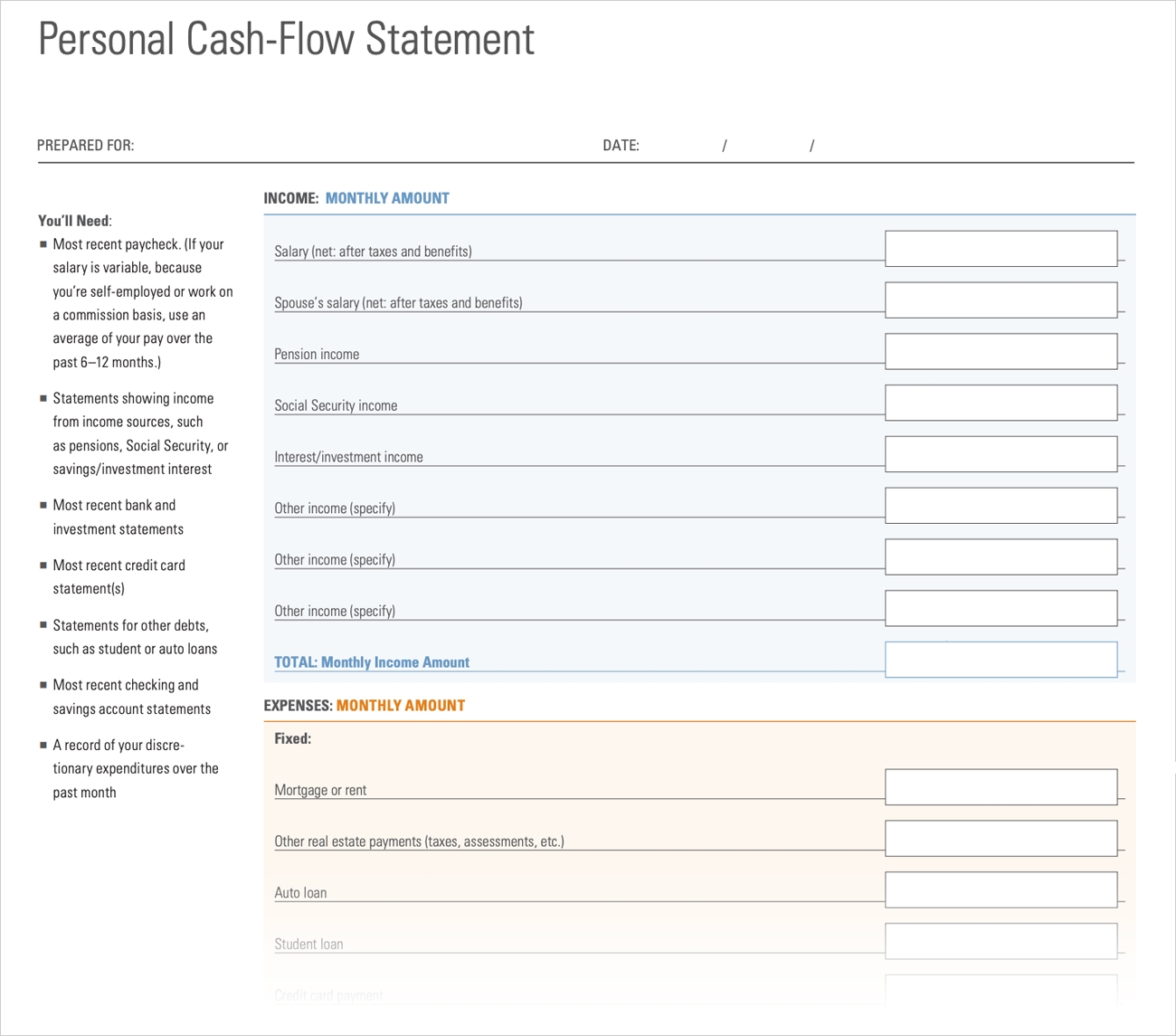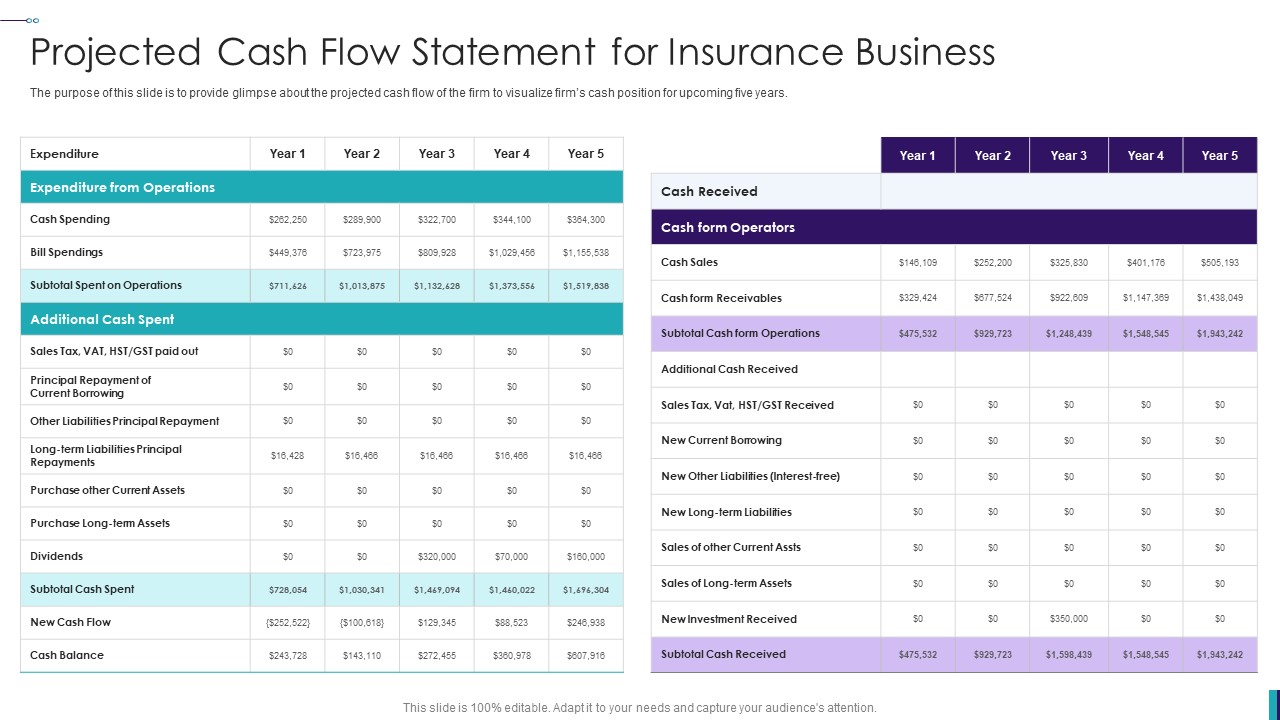

Finance
Cash Flow Underwriting Definition
Published: October 24, 2023
Discover the importance of cash flow underwriting in finance. Gain insights into how it impacts financial analysis and risk assessment for businesses.
(Many of the links in this article redirect to a specific reviewed product. Your purchase of these products through affiliate links helps to generate commission for LiveWell, at no extra cost. Learn more)
Welcome to the World of Cash Flow Underwriting!
Do you find yourself intrigued by the world of finance? Are you searching for an understanding of cash flow underwriting? Look no further! In this article, we will dive deep into the concept of cash flow underwriting, its definition, and how it impacts the financial industry.
Key Takeaways:
- Cash flow underwriting involves assessing the ability of an individual or business to generate enough cash flow to meet their financial obligations.
- It is an essential aspect of risk assessment for lenders, insurers, and investors.
Let’s start with the basics. Cash flow underwriting is the process of evaluating the ability of a person or entity to generate enough cash flow to cover their financial commitments. This evaluation is crucial for lenders, insurers, and investors, as it helps them assess the risk involved in providing financial assistance to individuals or businesses.
Cash flow underwriting takes into consideration various factors that contribute to an individual or business’s cash flow, including income, expenses, assets, liabilities, and other sources of financial inflows and outflows. By examining these factors, underwriters can gauge the viability and sustainability of an individual or business’s financial situation.
The goal of cash flow underwriting is to ensure that borrowers or investment recipients have enough cash flow to cover their obligations. This helps minimize the risk of default, bankruptcy, or financial instability. Lenders and investors want to ensure that the individual or business they are providing capital to has the ability to manage their finances and meet their financial commitments regularly.
So, why is cash flow underwriting so important? Here are a few reasons:
- Risk Assessment: Cash flow underwriting helps lenders, insurers, and investors assess the level of risk associated with providing financial assistance to individuals or businesses. It allows them to make informed decisions and determines the terms and conditions for the assistance.
- Financial Stability: By examining cash flow, underwriters can determine if an individual or business has the capacity to withstand financial shocks and maintain stability over the long term.
- Investment Viability: Cash flow underwriting helps investors assess the profitability of potential investments by evaluating the cash flow generated by an asset or business.
Overall, cash flow underwriting plays a vital role in the financial industry, providing lenders, insurers, and investors with invaluable insights into the financial health and stability of borrowers or investment recipients. By delving deep into cash flow, underwriters can make well-informed decisions and mitigate financial risks effectively.
So there you have it – a comprehensive understanding of cash flow underwriting. Remember, whether you are a lender, insurer, or investor, it is crucial to analyze cash flow to ensure the financial stability and success of your ventures. Embrace the power of cash flow underwriting and make informed decisions!














